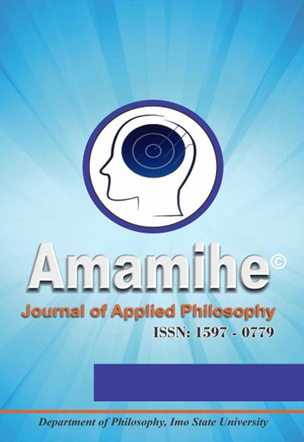
Vol. 23 No. 3, 2025
ABSTRACT
The framework of Cartesian dualism rigidly separates res cogitans and res extensa and has historically reinforced gendered hierarchies by associating masculinity with rationality and femininity with corporeality. This binary opposition marginalizes women’s embodied experiences and perpetuates essentialist views, limiting feminist discourse on identity and subjectivity. The paper critiques Cartesian dualism’s limitations and explores Elizabeth Grosz’s corporeal feminism as an alternative framework that emphasizes the inseparability of mind and body. The paper aims to examine the challenges posed by Cartesian dualism in feminist thought and to highlight Grosz’s contributions in reconfiguring the body as an active site of resistance and transformation. The study employs a critical theoretical analysis to propose a more integrated understanding of gender and embodiment. Key findings reveal that Cartesian dualism perpetuates gendered hierarchies and oversimplifies the complexity of human experience. Grosz’s corporeal feminism, particularly her Möbius circle model, challenges these binaries by illustrating the fluid, interconnected nature of mind and body. However, her approach faces criticism for potentially oversimplifying gender identity and neglecting structural inequalities. The paper recommends bridging the gap between corporeal feminism and materialist feminist perspectives to broaden the understanding of gender and embodiment. It concludes that while Grosz’s framework offers a transformative alternative to Cartesian dualism, feminist discourse must continue evolving to address the diverse and fluid realities of lived experiences.
